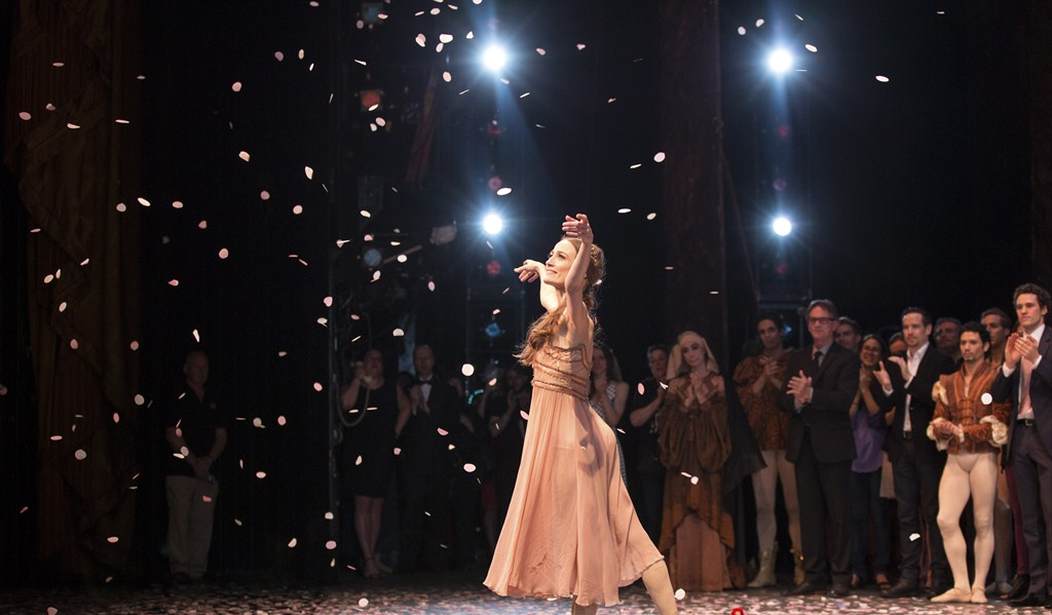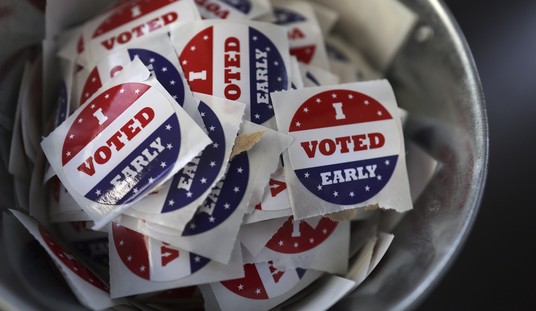Despite what the left might be pushing into the collective mindset of the mainstream culture, recognition of skin color is not "DEI," but they are pushing us to react that way.
I came across a post on X that I found very interesting. It was a black woman rightfully complaining that black people are being used as the primary face of "Diversity, Equity, and Inclusion" (DEI) policies. She said that this is actually hurting the black community, not helping it, and that forcefully inserting black people into places for the sake of putting a black face somewhere is inciting backlash:
I feel like black people are being used as mascots for DEI, and I wish the entertainment industry and other industries would stop doing this. This is not helping us, this is hurting us. Stop forcefully inserting black people into these old stories and then acting shocked when people don’t like it. Not all black people celebrate this or think it’s "winning," especially when there are new and more interesting stories we could be telling
She was saying this in reference to the fact that a stage revival of Shakespeare's Romeo and Juliette is being made with a black woman as Juliet.
I feel like black people are being used as mascots for DEI, and I wish the entertainment industry and other industries would stop doing this. This is not helping us, this is hurting us. Stop forcefully inserting black people into these old stories and then acting shocked when… pic.twitter.com/rl5F6ulIFG
— Ada (@ada_akpala) April 7, 2024
The announcement that the actress Francesca Amewudah-Rivers was set to play Juliet sent the internet into accusations of the casting being a DEI decision specifically meant to check a "representation" box. The blowback was so intense that the theater company issued a response on X, condemning the "deplorable racial abuse" directed toward Amewudah-Rivers.
A statement from the @JamieLloydCo. pic.twitter.com/C7j7g9ZZNE
— Romeo and Juliet (@RomeoJulietLDN) April 5, 2024
Was this a DEI-based decision? We won't know until the play opens at the Duke of York Theater in London on May 23. Doubtless, professional critics won't say a word if the lead actress does a horrible job. You might not even hear it from many theatergoers. You'll really know based on the longevity of the play's lifespan and its ticket sales over time. Perhaps Amewudah-Rivers really will be an amazing Juliet. If she's not, we'll have our answer.
At its core, a race-swap from a character traditionally of another race isn't necessarily a bad thing. It happens in media all the time and not always for the worst. To give you a good example, I need only point you to..."Romeo + Juliet."
The 1996 screen adaptation of the famous play starring a young Leonardo DiCaprio and John Leguizamo is, in my opinion, the best film adaptation of Shakespeare's work ever made. The transportation of the setting into a 90s mockup of L.A., complete with pistols and cars, was inspired and most of the actors did so well in their parts that I can't help but go back to it for a rewatch once in a blue moon.
Of all the characters, my favorite was Mercutio, the best friend of Romeo, who was played brilliantly by Harold Perrineau...a black man. Perrineau stole every scene he was in and made the rest of the cast look like amateurs by comparison.
I can't think of anyone else who would have done better in this role. He is Mercutio.
His casting was based on the fact that he was the best man for the job. Any indication that he was cast because of his skin color, if intentional, was rendered unimportant in the face of his ability and dedication to the character.
To be clear, I'm a huge critic of unnecessary race swaps which are usually the product of DEI policies that cause creators to focus more on messaging and political box-checking than storyline, acting ability, and character development. The entertainment industry's obsession with it has caused audiences to walk away, resulting in box office failures and low sales in various mediums across the board.
(READ: What's Behind the Modern Obsession With Race Swapping?)
The problem has gotten so bad that whenever a casting happens where the race was swapped out from a usual color, the taught reaction is to blame DEI policies and obedience. It's not always wrong. DEI is a horrible thing that causes real damage and people are right to hate it. It's a sexist, racist, and wildly unfair concept.
But this shouldn't mean that we shut the door to race-swaps as a whole. Done for the right reasons, a race swap can improve a thing or add a different flavor. In these cases, the race ultimately doesn't matter, it all boils down to the person put into the position.
DEI ignores the individual and focuses purely on the identity and that's where the problem starts. It actually matters little what race a person is, so long as they're damn good at the job and the swap makes sense.
Does making Juliet into a black woman make sense for this play? We'll see. If this was simply a DEI decision, then the market would punish it like it has all the others.














